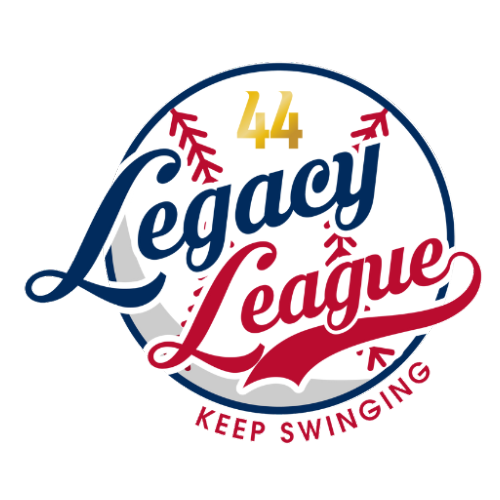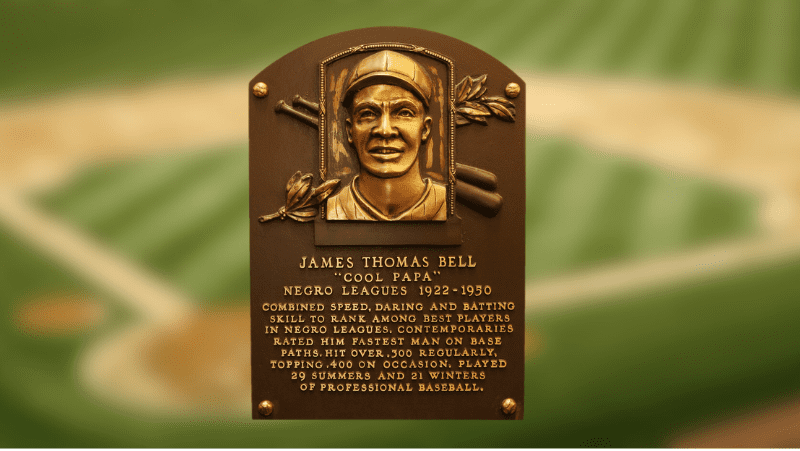“One time he hit a line drive right past my ear. I turned around and saw the ball hit him sliding into second.”
Satchel Paige
Cool Papa may well have been the fastest man ever to play the game of baseball. Certainly, the stories of his speed are the stuff of legend.
“I remember one time I got five hits and stole five bases, but none of it was written down because they forgot to bring the scorebook to the game that day,”
Bell said
The most colorful story was one told by Satchel Paige, who said that Cool Papa was so fast he could flip the light switch and be in bed before the room got dark. There may have been some literal truth to this one, as one room they shared had a short in the switch. But stories of his base running speed are legion, advancing two and even three bases on a bunt, beating out tappers back to the pitcher, and also playing a shallow center field – because his speed allowed him to catch up to just about anything out there.
His nickname derived from his youthful stint as a pitcher – at age 19, he joined the St. Louis Stars as a left-handed pitcher, with an assortment of curves, knuckles, and screwballs thrown from any of three release points His calm demeanor on the mound, especially after a pressure-packed strikeout of Oscar Charleston, earned him the colorful sobriquet.
He was a member of three of the greatest Negro League teams in history, winning three championships each with the Stars, the Pittsburgh Crawfords, and the Homestead Grays. The 1933 Crawfords featured seven future Hall of Famers: Bell, Oscar Charleston, Josh Gibson, Judy Johnson, Biz Mackey, Satchel Paige, and Jud Wilson.
Bell was a switch hitter and a contact hitter with great bat control, bunting ability, and speed. Though not a power hitter, he could take an extra base perhaps more often than any other player in history.
In addition to the Negro Leagues, Bell played several seasons in the Mexican League, having great success and enjoying the more relaxed racial atmosphere. He also played 21 seasons of winter ball in Cuba, Mexico, and California. Late in his career, he became a player-manager. Later, he was a scout in the early 1950s for the St. Louis Browns.
Bell was elected to the Hall of Fame in 1974. He passed away on March 7, 1991.




